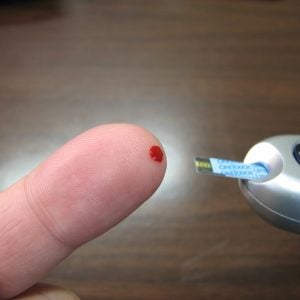Lead author Dr. David Stav from Tel Aviv University, Israel reported that results were contrary to what was previously thought that pulmonary rehabilitation can reduce the decline in FEV1 seen with COPD.
This is the first study that examined the physiological outcome of prolonged (3 years) pulmonary rehabilitation, Dr. Stav said. Most papers report results of up to 12 weeks of treatment. There are very few up to 1 year.
The matched controlled trial investigated 80 subjects with moderate to severe COPD who were treated with standard care alone or in combination with an outpatient pulmonary rehabilitation program for 3 years. The program conducted exercises of the upper and lower extremities twice a week in groups of 6 to 8 patients, in addition to integrated physical activity.
The report showed a decrease of FEV1 by 74 mL in the rehabilitation group, much lower than the 149-mL reduction seen in the control group (p < 0.001).
Moreover there was a significant early improvement in maximal sustained work and endurance time in the intervention group, and this benefit persisted throughout the study period (p < 0.01).
The researchers reported that pulmonary rehabilitation was linked to a significant reduction in body mass index (p < 0.05).
Dr. Stav reported that further evidence is needed to support the results which suggested that prolonged course of pulmonary rehabilitation can modify the progression of COPD. The team also plans to reevaluate the current cohort after 5 years of rehabilitation to assess the impact of the intervention on survival.




